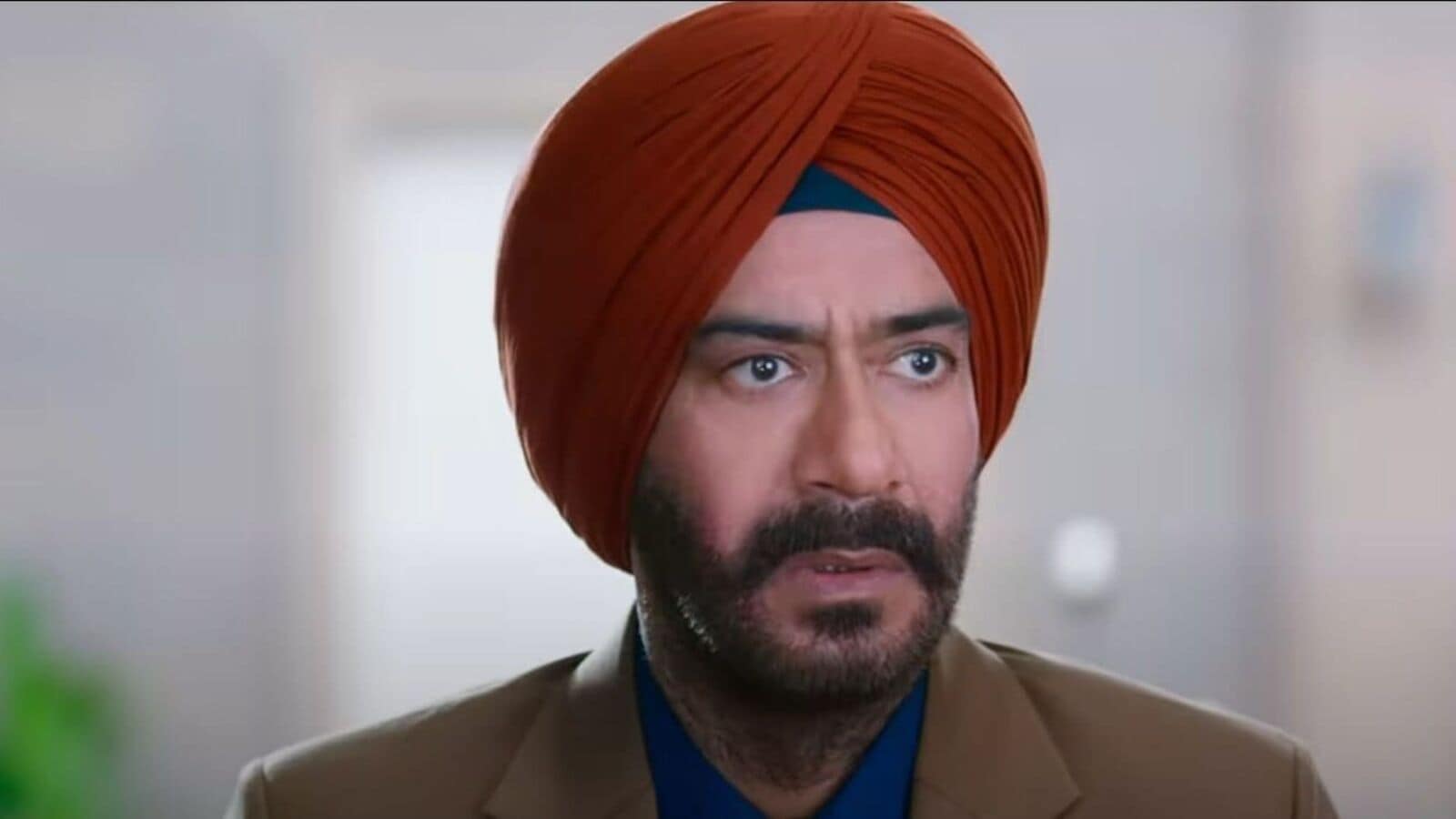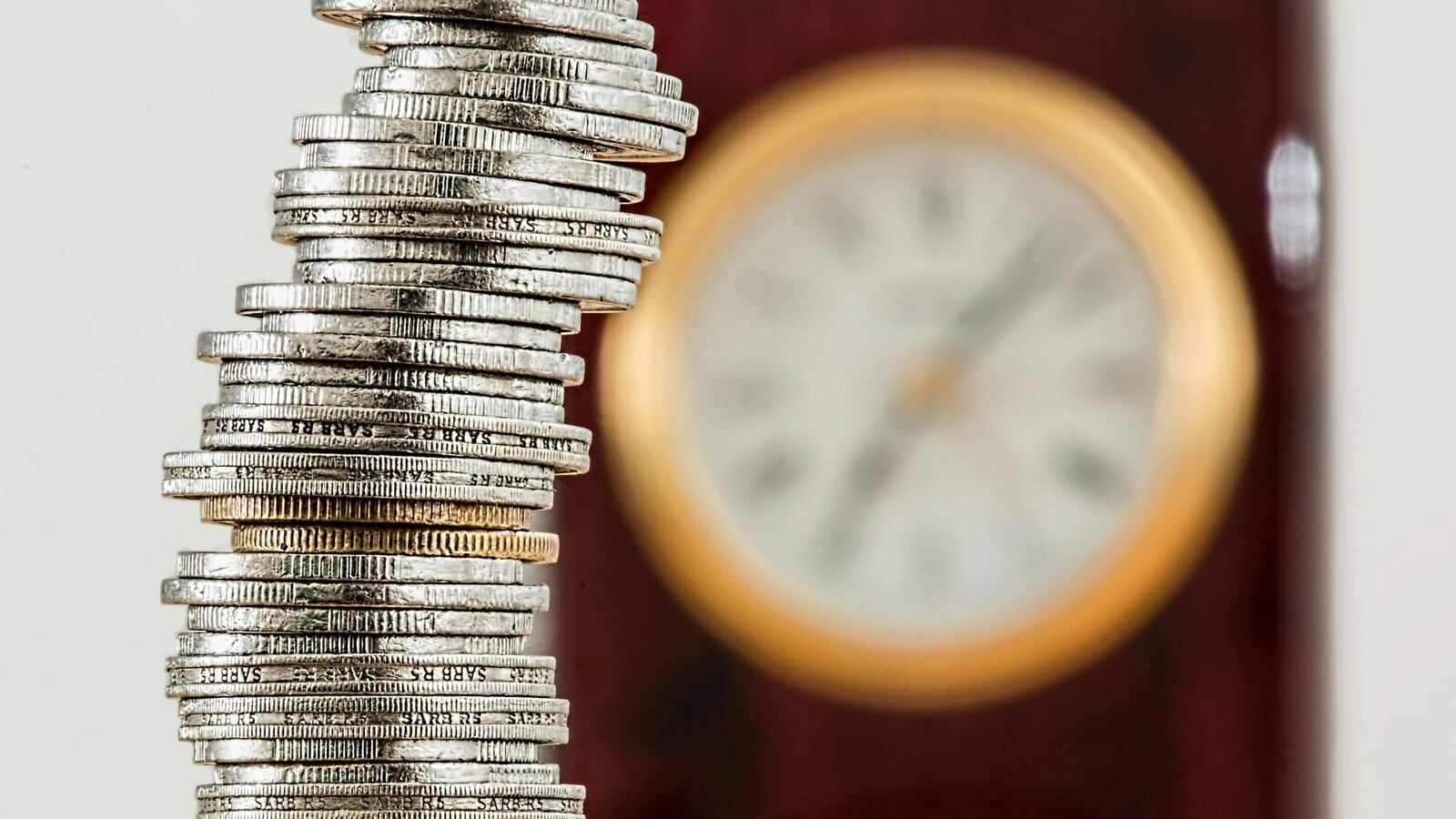Son of Sardaar 2: Surprising money lessons on dealing with tariffs

If you know that the Gen Z romances currently infesting the theatres are pukeworthy, have no rizz for anyone over 15, and know that there will not be any meaning in Bollywood’s idea of ‘comedy’, remember yours truly with respect for having discovered ways to deal with the tariffs that are burning up every trade column.
Ajay Devgn has great comic timing, but this time he’s playing the innocent sardar who has been hit with the news that his wife Dimpy, who has now lived and worked in the UK for 11 years, has a boyfriend, wants a divorce, and wants his property. He is aghast and moves in with an old friend, who asks him to get himself a good lawyer.
A mix-up ensues, and Jassi ends up as a housemate to Rabia (Mrunal Thakur) and her wedding dance party that comprises Gul (Deepak Dobriyal, surprisingly), Mehwish (the lovely Kubbra Sait), and Saba (Roshni Walia). Since Jassi owes Rabia a favour, he reluctantly agrees to pretend to be Saba’s dad and meet her boyfriend’s father, Raja (the funny Ravi Kishen), and the rest of the family, who turn out to be rich shepherds that kill because they can…
What does this silly movie about role mixups have to do with tariffs and how they affect our trading business? How is the tariff going to affect your wallets?
Mitigation of tariffs is like Jassi reinventing his persona
Jassi receives a phone call from his wife, who has been living in the UK for 11 years, that his visa has been approved. When he shows up in the UK, she tells him she wants a divorce, and along with it, a share in his large property in India. He walks out and stays with a friend, who also asks him to leave. Only when he meets Mrunal Thakur and her three bandmates and reluctantly poses as young Saba’s father do we realise that adapting to new challenges is the only way to survive and thrive in today’s world.
Jassi could have returned home, sadder and lonelier than before, but he stays put and fights, unable to tell his mother that he lost without a fight. Today, many countries have been struck with Trump Tariffs, just as India has (plus an extra fine because India is a member of BRICS).
We could, as a nation, put up a fight just as Canada is by not keeping any American product in the supermarkets, or like Mexico, seek a partnership with countries like China. But we are looking at how these tariffs affect your finances. So like Jassi, you too must adapt. Figure out if there are other companies you could do business with.
Renegotiate contracts with partners. After all, whether you are a vendor in the supply chain or the buyer, you must ensure your people don’t suffer because of a ridiculous blanket political game played by someone who thinks they are indispensable. Just as Coke moved its supply chain via Malaysia to bring Coca-Cola to Canada, you too can figure out a solution that is best for you.
Border wars are being rewritten, and you can win
Rabia and her housemates are from Pakistan and are living and working in the UK. Jassi is from India. When it comes to a wedding between the young lad Saba wants to marry, Rabia and Jassi pose as parents to assure Raja and his gun-toting family that all is well.
Pretending to be a fauji – the funniest part of the film – Jassi narrates the film Border (starring Sunny Deol) as if he were part of that war. Raja’s brothers don’t believe a word of the story and even say that it sounds like a film. I choked on the cheese popcorn because Raja assures the brothers: cinema is inspired by real events.
Imagine a world where countries get together and become a support system for one another to stop superpowers from bullying us? The BRICS alliance was the beginning. Perhaps someone will step up and make these alliances work for us?
If you, too, are manufacturing goods, then it would be a smart move to take a hard look at labour, materials, and other overheads. In the end, it affects your pocket.
If you are selling goods, then take a hard look at slow-moving products and products that make no financial sense, because prices will be raised because of the tariffs. While some companies will take on losses by keeping the prices the same as before, continued tariffs will force them to reconsider their strategies.
As an investor, you need to see if the companies you are investing in are doing the right thing instead of caving to political pressures. One thing you must understand, that if you stand with a company that gives in to blackmail, you will be broken when the demands keep increasing.
One sure way of dealing with tariffs is looking at growth from a long-term perspective. When your business slowly begins to look at lowering and then stopping the import of materials and becoming truly self-sufficient, the results will speak for themselves. Also looking at options: Thanks to the tariffs, the world has opened up for you. Are you going to be bullied, or are you going to face the fears just like Jassi does and win the bigger war?
The movie is part funny, part tiresome. But when you’re escaping the rains and do not want to be seen anywhere near the theatres, yucking on what the teens are calling yum, then watch this film.
Manisha Lakhe is a poet, film critic, traveller, founder of Caferati — an online writer’s forum, hosts Mumbai’s oldest open mic, and teaches advertising, films and communication. She can be reached on Twitter at @manishalakhe.




